Posts categorized Aid Effectiveness & Management

How Useful Is AI for Development? Three Key Lessons
The development world is buzzing with excitement over the idea that new and emerging applications of AI can supercharge economic growth, accelerate climate change mitigation, reduce inequalities, and more. But what does this look like in real life?
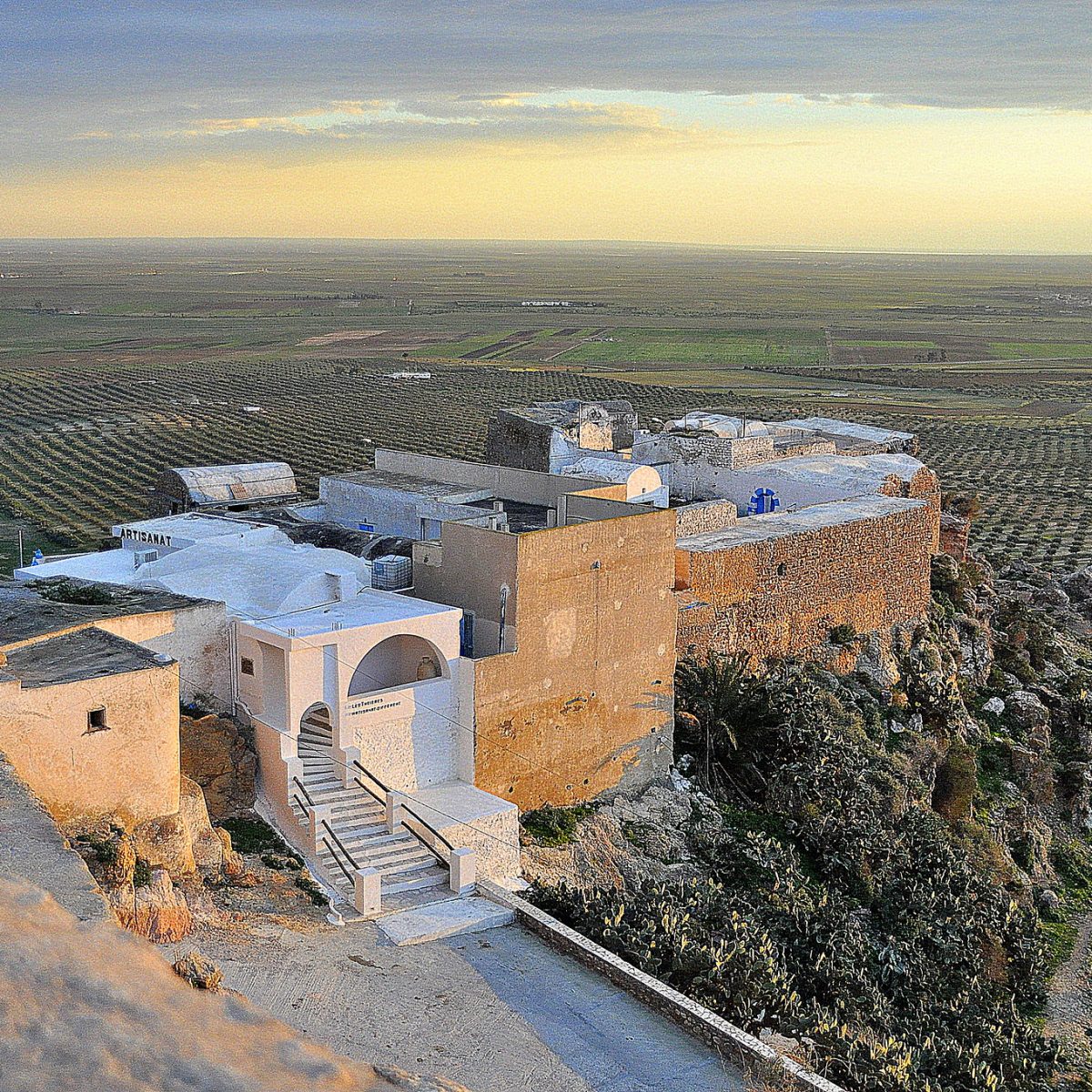
At a Glance | Tracking Climate Finance in Africa: Political and Technical Insights on Building Sustainable Digital Public Goods
In order to combat the effects of climate change, financing is needed to fund effective climate fighting strategies. Our white paper, “Tracking Climate Finance in Africa: Political and Technical Insights on Building Sustainable Digital Public Goods,” explores the importance of climate finance tracking, common barriers to establishing climate finance tracking systems, and five insights on developing climate finance tracking systems.

AMP Through the Ages
15 years ago, AMP development was led by and co-designed with multiple partner country governments and international organizations. From a single implementation, AMP grew into 25 implementations globally. Through this growth, DG has learned crucial lessons about building systems that support the use of data for decision-making.
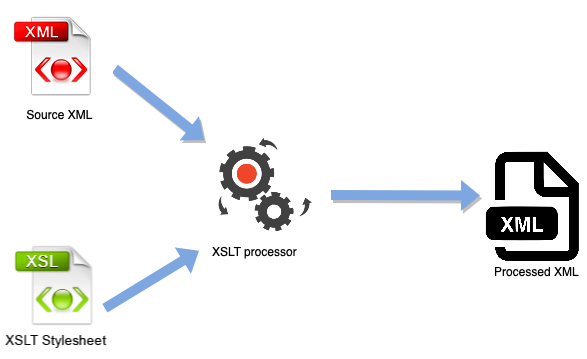
Working with Partners to Find Solutions to Integration Challenges
This past March, DG launched an AMP module that helps the Ministry of Finance, Planning, and Economic Development in Uganda track aid disbursements in their existing Program Budgeting System. This blog examines DG’s technical process and the specific solutions used to overcome AMP-Program Budgeting System (PBS) integration challenges.
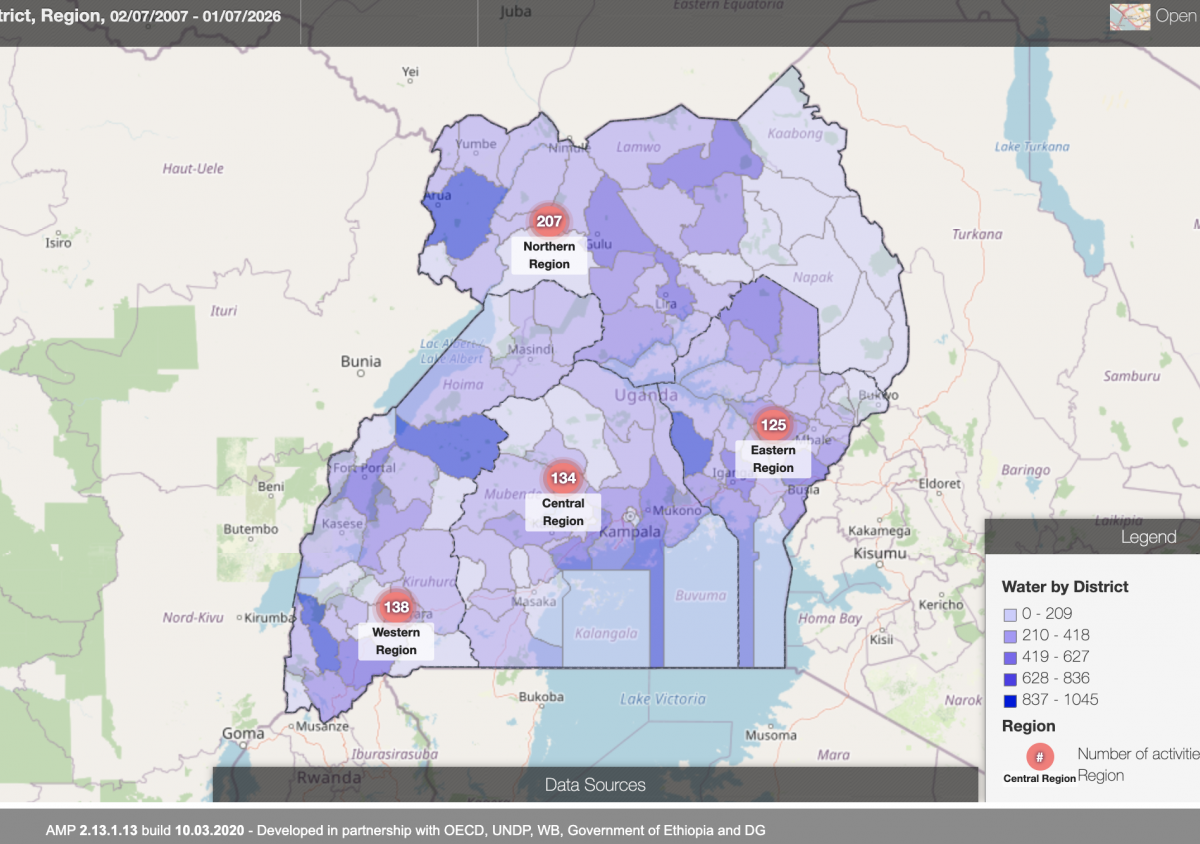
Creating Integrations between AMP & Existing Country Systems
Since 2017, Development Gateway has been working with the Government of Uganda to build and update their Aid Management Platform (AMP). Uganda’s AMP houses over 1,300 on-budget projects directly from its national data management system. This year, DG built a module that interfaces with Uganda’s Program Budgeting System (PBS) to ensure that data is effectively transmitted between the two systems.

The Government of Jordan’s Approach to Strengthening Trust (Through Data)
The Government of Jordan has demonstrated a commitment to digitization and digital transformation to increase transparency, trust, and accountability. This guest post by Mays Abdel Aziz, of the Government of Jordan’s Ministry of Planning and International Cooperation, looks at how the Aid Flows Information System fits into efforts to build trust.
-1200x941.png)
Towards Full System Ownership: the Government of Ethiopia’s Journey to AMP Self-Reliance
The model of DG team members working with MoFEC to provide comprehensive support is effective – and has worked well for many years. However, while working through details for a new support contract in early 2017, the MoFEC technical and management teams expressed interest in maintaining and developing new features on the AMP on their own. One of our ultimate aims is to enable partners to assume and maintain full system ownership – so unsurprisingly, AMP team was ready and eager to work with MoF to make this possible.
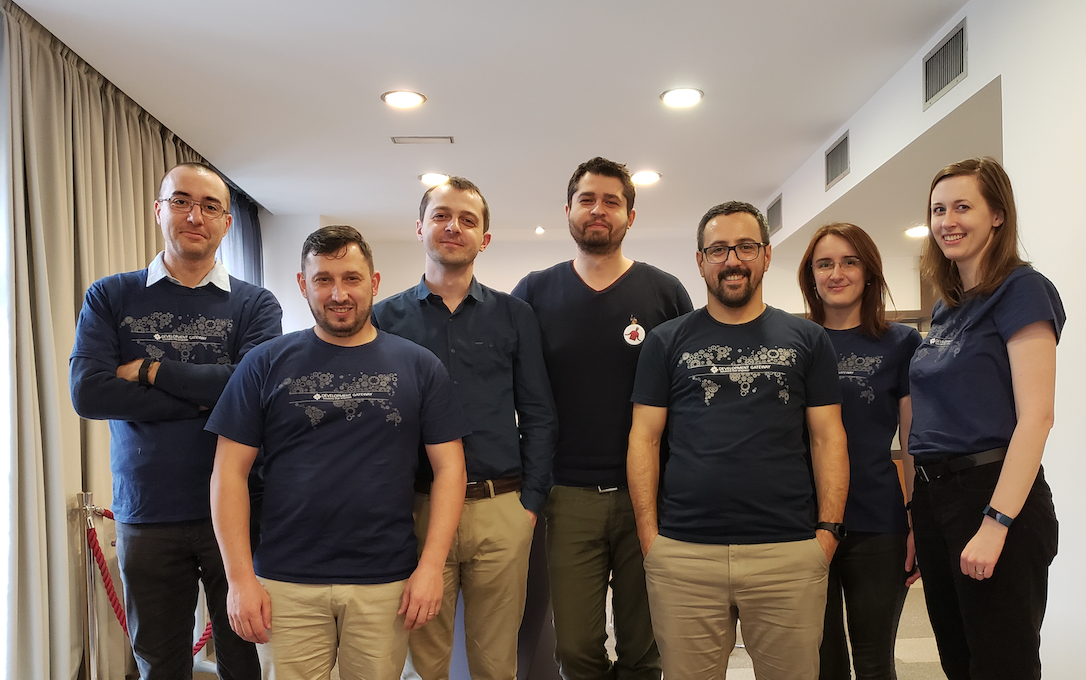
A Project’s Afterlife: Distilling Lessons from Project Post-Mortems
At DG, we pride ourselves in being a learning organization – focusing on continuous improvement and knowledge-building. We support this goal through a number of mechanisms, including holding post-mortem meetings at the end of every project. A post-mortem is a common method for project teams to review different perspectives on what went well, challenges faced, and what lessons could improve future projects.
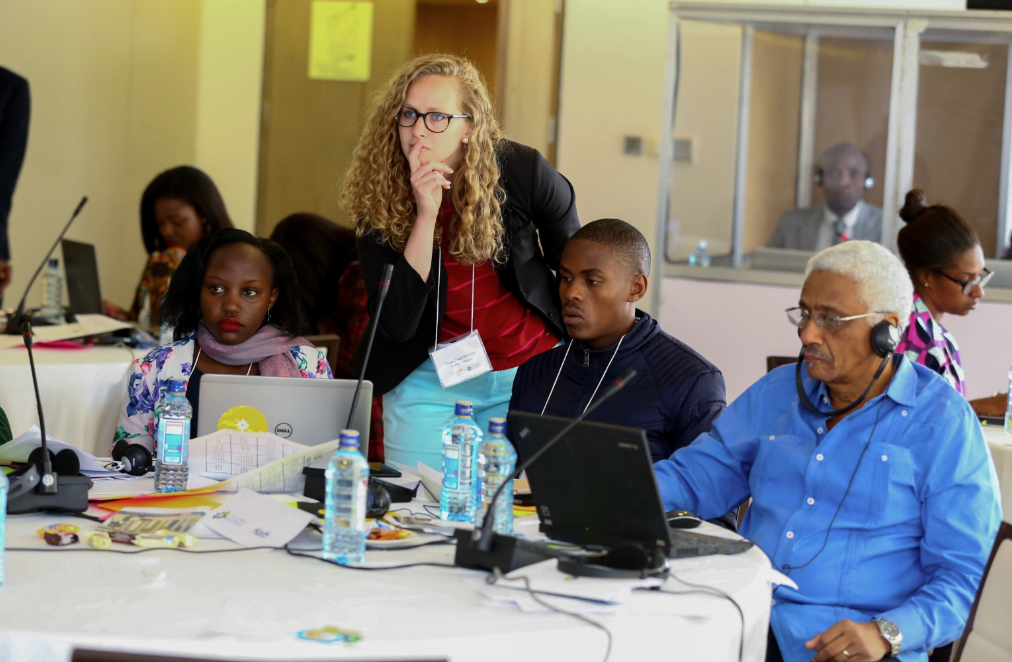
Making South-South Cooperation Personal: A Learning Exchange Between Haiti and Côte d’Ivoire // Titre : Pour une coopération Sud-Sud personnalisée : Un échange de connaissances entre Haïti et la Côte d’Ivoire
“Knowledge sharing” is an undeniable buzzword in the international development space. However, the idea behind it is both simple and effective: by sharing similar experiences and learning from one another, teams can develop practical solutions to challenges. Often, they also discover their challenges are not unique – across DG’s global Aid Management Platform (AMP) network, our experience highlights how AMP country challenges and goals are often aligned.

Making the Case for IATI: Madagascar Edition
The Government of Madagascar’s Permanent Technical Secretariat for Aid Coordination (STP-CA) has used its Aid Management Platform since 2008, when we installed the platform to better align projects with Madagascar’s national plans and to prepare national budgets. Additionally, starting in 2017, Madagascar was selected as a pilot country to support IATI data use in reporting to the Madagascar AMP. We had a chance to talk with Zefania Romalahy, Head of the STP-CA, about how her department makes use of IATI data.